Tata Technologies has evolved a strategy for APAC as the growth during the past few years have been buoyant. Going forward the company is looking at having a mix of both organic and inorganic growth from this region. Samir Yajnik, President- Sales and COO-Asia Pacific, Tata Technologies, talks to J Srikant on the company’s plans and also on its involvement in India’s first ever truck racing event. Edited excerpts:
Q: For Tata Technologies, is this the first time that you are involved with a racing team?
Yajnik:At the level of having contributed to formula one cars, we have been there before. But there has never been a holistic experience. In this event, you can say that Tata Technologies is inside each one of these trucks.
Q: What role has your company played in this event?
Yajnik: We have a multi-pronged relationship with Tata Motors. In that, we are part of their engineering and IT teams and we implement the Product Life-cycle Management (PLM) for them; so it is a contribution at three levels. Also, there are three kinds of engagement; one – where our engineers are intimately part of the product development process. We also take up IT projects, offer relationship management and SAP implementation. Now, specifically, in these racing trucks, we have been part of all the 22 modifications that have been carried out on these trucks.
Q: How different is truck racing from your regular engagement with car racing?
Yajnik: First and foremost, it is an experiment. It has never been done before in India and we, to be candid, have never been part of a truck racing event ever. So, we are looking at what kind of a buzz and excitement it creates locally; second, what are the spin-offs? What kind of lessons can we learn from this and take to different industries. Like the modifications that we have done, can they be applied as a service? Overall, we are open-minded about how we are going to leverage this, and go from here.
Q: What were the challenges about engineering these trucks?
Yajnik: Huge; there have been two kinds of fundamental changes that have been made for two functioning reasons. One is performance and the second is safety. The bigger overarching thing is, even with performance, there is safety. If you can categorise the 22 modifications made to the trucks, the bigger reason is safety. The steering needs to be dismantled quickly if something happens, as also the five seat-belt system and the rollover cage. Then there is the functional reason, like the overheating of brakes so we have installed water jets. It has been challenging but our engineers have been listening to FMSCI rules and drivers. We have been involved with this event from conception to modification
Q: We hear a lot about technology from F1 cars percolating down to road-legal cars. Do you see the technology used in these trucks coming down to trucks on roads?
Yajnik: I am of the opinion that a lot of what happens in these kinds of events informs a lot about trends. So when we talk about reverse innovation, I am a big believer that the next generation of growth in India is going to come from innovation which happens and is exported from here. So we are talking about truly functional modifications innovated here probably through events like these.
Q: You acquired Cambric last year in April. It has almost been a year now. How has that paid off for you?
Yajnik: Fantastic, because of the kind of wins that we are now seeing, We have recently won a project from a truck company in North America for replacing one of the diesel engines with natural gas. For us to be able to take that kind of a programme was only possible by integration of our vehicle programme & development (VPD) and the lessons we have learnt from the Romanian engineers of Cambric. Similarly, we are talking about a full vehicle programme in India for the Indian market for which we will get inputs from different parts of the world; we are going for the full programme starting from tear-down and benchmarking all the way to being the key development partner. There are other projects being developed in India, and one in Europe. So it is paying off massively.
Q: So, acquiring Cambric has helped get more business?
Yajnik: Yes, in number terms. This year our growth, in percentage, in the industrial machinery space would be more than the other two sectors, aero and auto that we operate in. Next year, the forecast is much more. Of course, in full number terms, auto is still going to be big.
Q: Is there going to be a slight focus shift?
Yajnik: The volume in the auto market is so huge that we are always going to be focused on that market. But the kind of opportunity that we are getting in commercial heavy engineering space is very much end-to-end.
Q: When you talk about auto space, how much exposure do you have to the auto component industry?
Yajnik: We do a lot of business with OEMs but increasingly the supply chain is an integral part of our proposition. Progressively, we are getting more and more involved in the early development of components and parts, as well as helping the entire value chain from OEM outwards, not only in the engineering side but also in IT.
Q: What kind of growth are you expecting from the auto industry, given that last year was not so good for the sector?
Yajnik: Recognising that we are an engineering services player, the growth for us in the auto sector is almost as much as in the industrial construction sector. We are looking at an overall growth in excess of 22-26 percent, because we are an outsourcing company and that is going to continue.
Q: A number of companies are looking to setup plants in India. Since you mentioned you are involved with companies right from the beginning, have you seen an increase in plant simulation and development projects?
Yajnik: One of our key solutions is in manufacturing and engineering optimisation. So when companies come to India, we can engage with them right at the outset as a consultant to say whether or not they should be looking at greenfield or brownfield projects; how to set it up. We have the capability of building that proposition end-to-end and we have been involved with a lot of companies in India. We surely have seen an increase in the business here.
Q: What is going to be the Tata Technologies’ strategy for India and other emerging markets?
Yajnik: I came back from my overall experience in Europe and the world to focus on APAC. Since then, we have built a big strategy for APAC. In fact, our APAC growth has been very buoyant. We are going to have a mix of both organic and inorganic growth but the kind of organic growth we have seen in APAC is both in India and in companies from Japan, China, Europe and North America. More recently, I have seen a lot of action in India, Japan and China. In India, our first focus is going to be ‘India for India.’
Q: Since you have plenty of operations on-shore, a lot of which is in US market, are you looking closely at the Immigration Bill that is pending?
Yajnik: Yes and No. We are very international in nature and are not reliant on sending cartloads of Indians there. We do a lot of recruitment in North America and Europe. That is one of the hallmarks of the way we have grown. To a certain extent, you do need definite number of visas but our dependence on sending people across is far less than some of the other companies. (END)


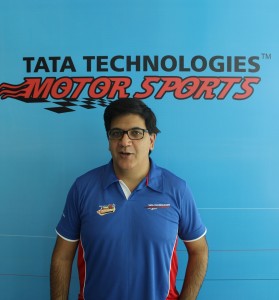
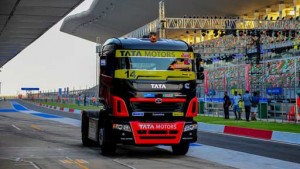


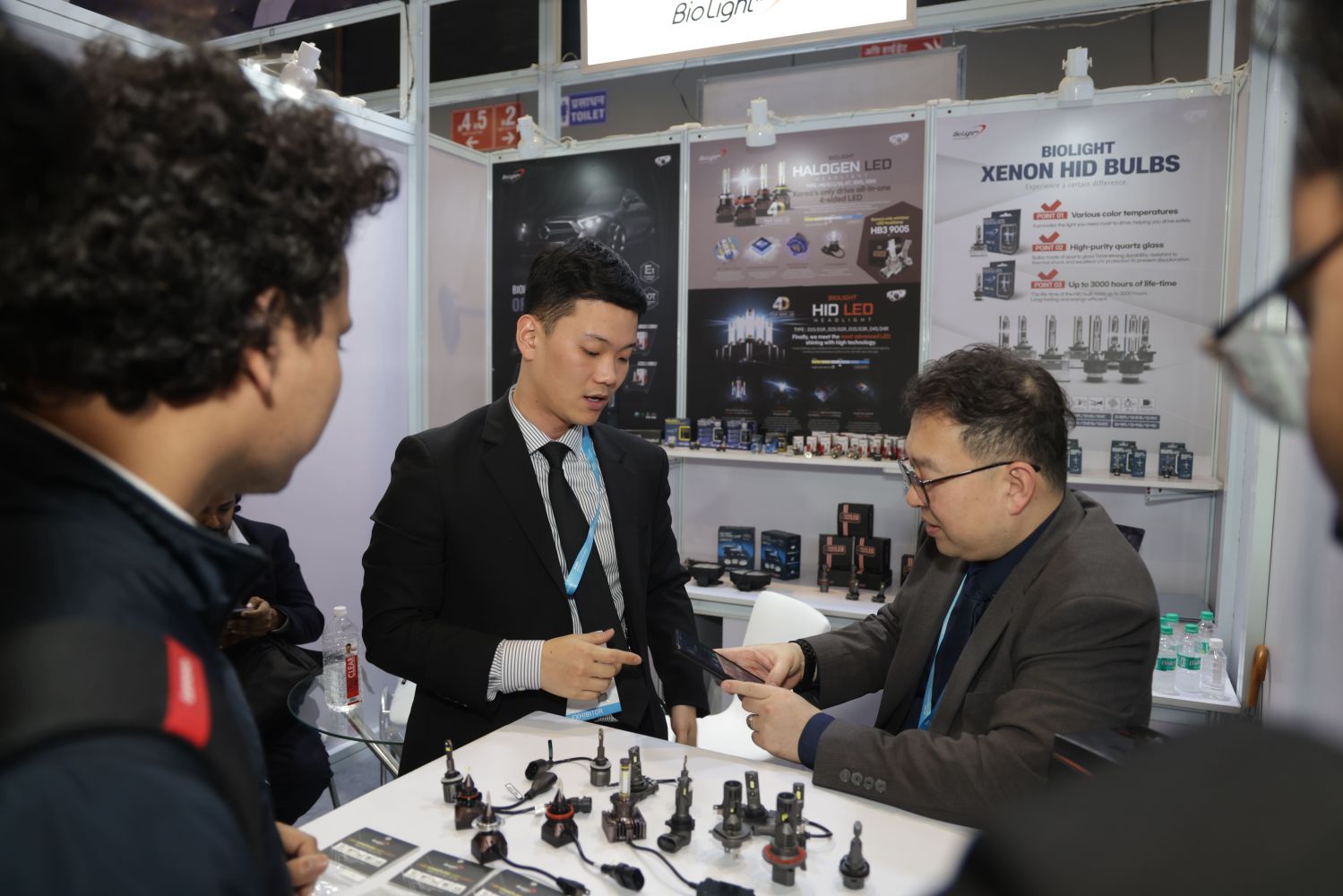
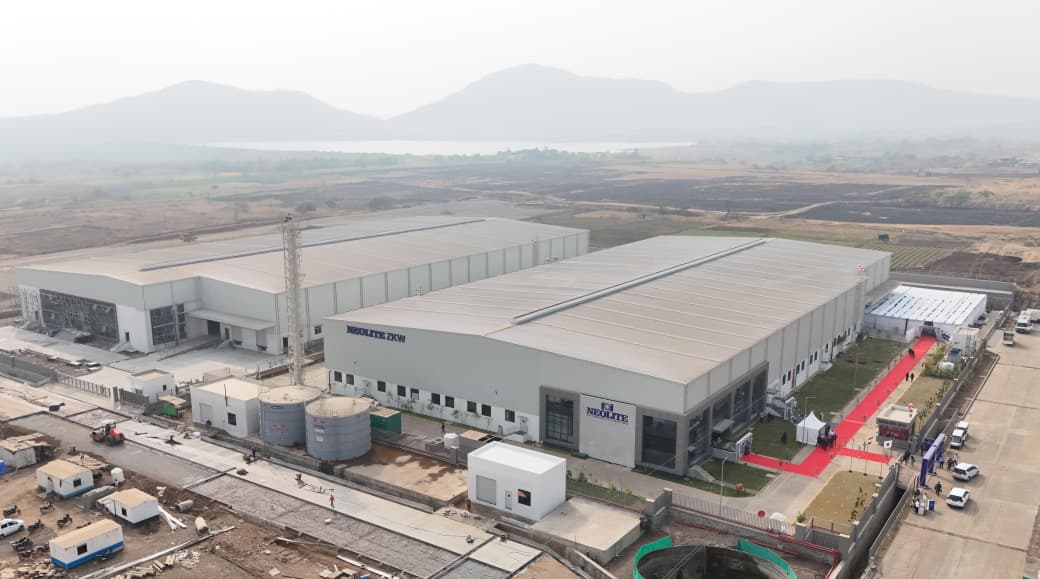
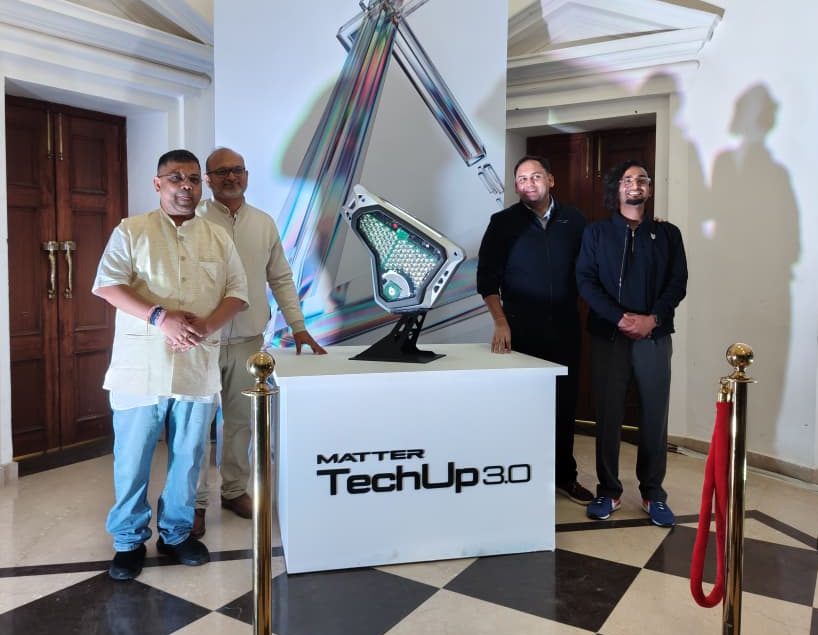
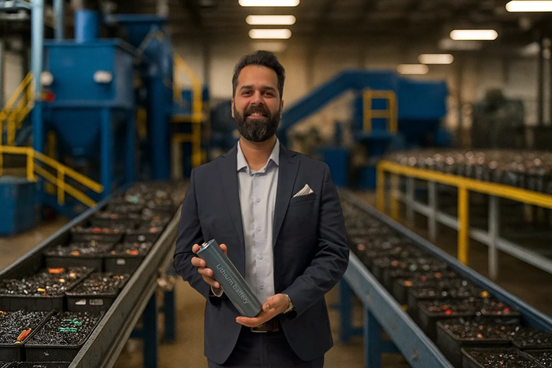
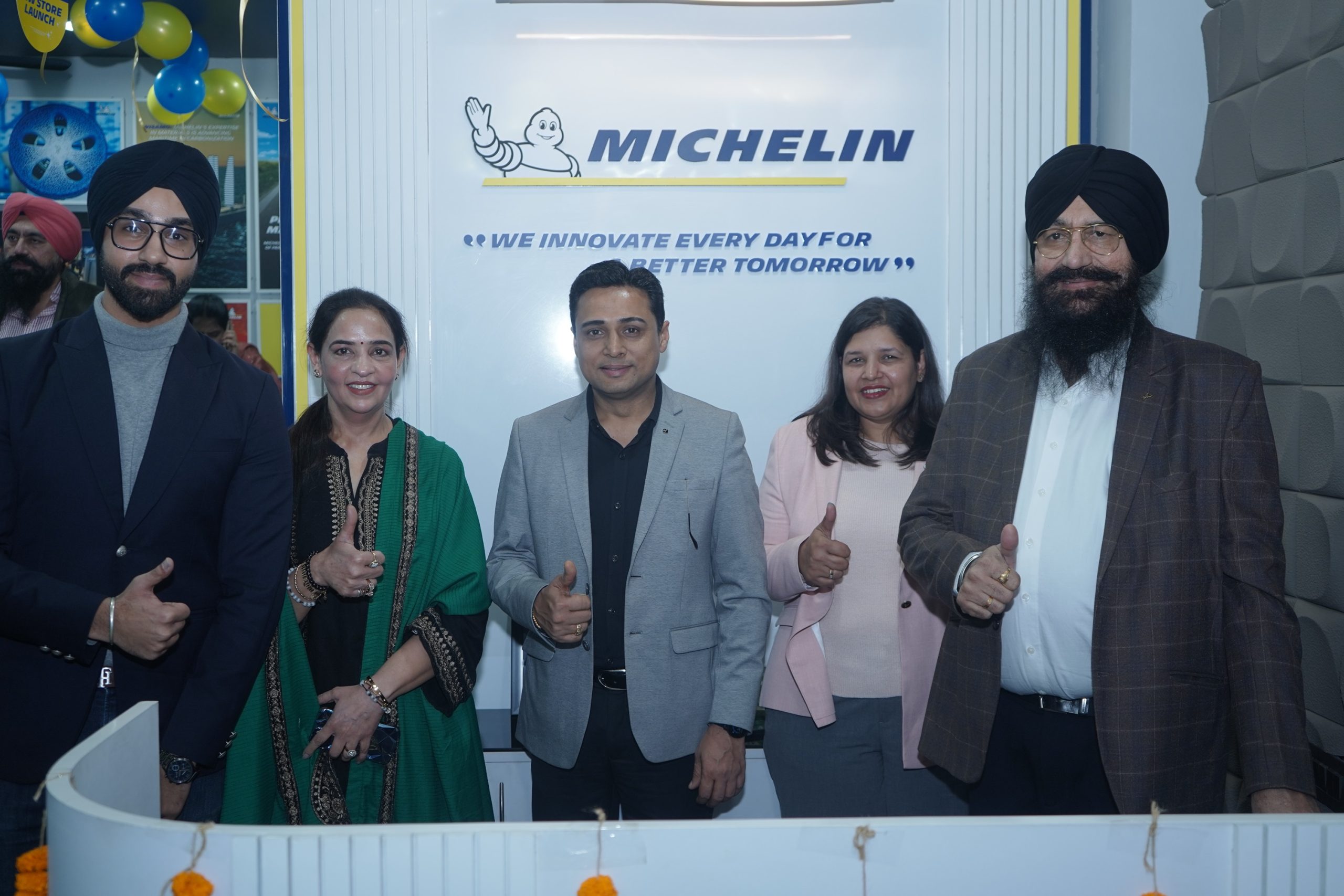



Leave a Reply